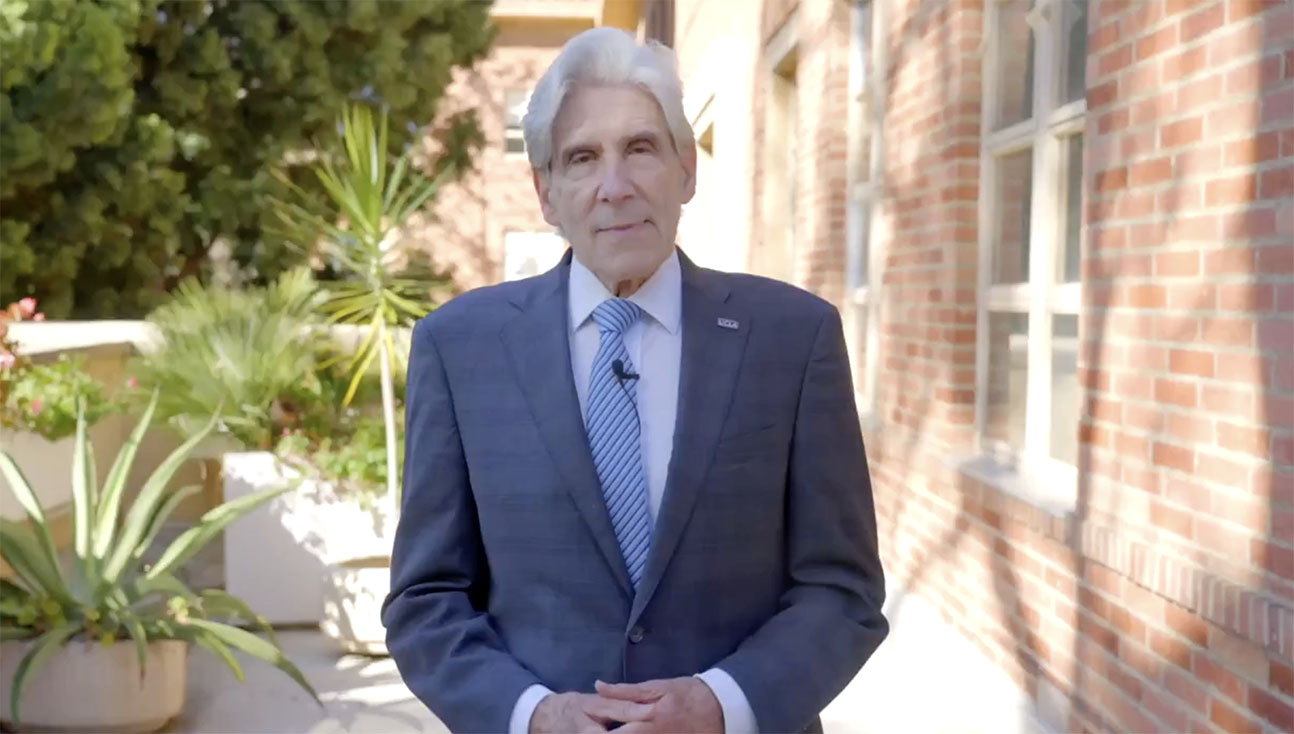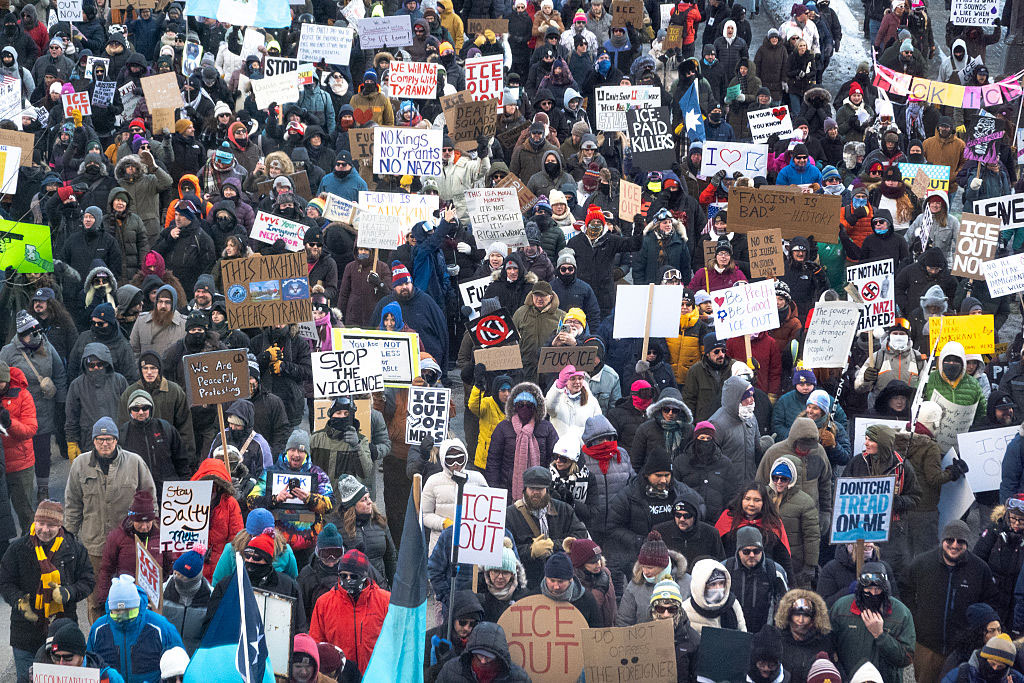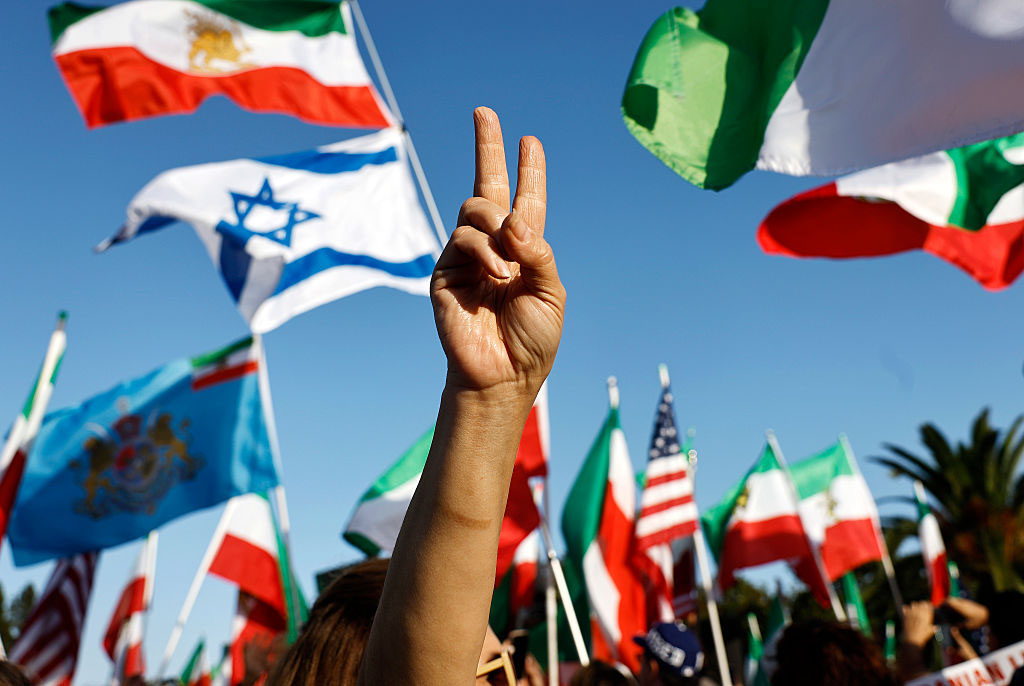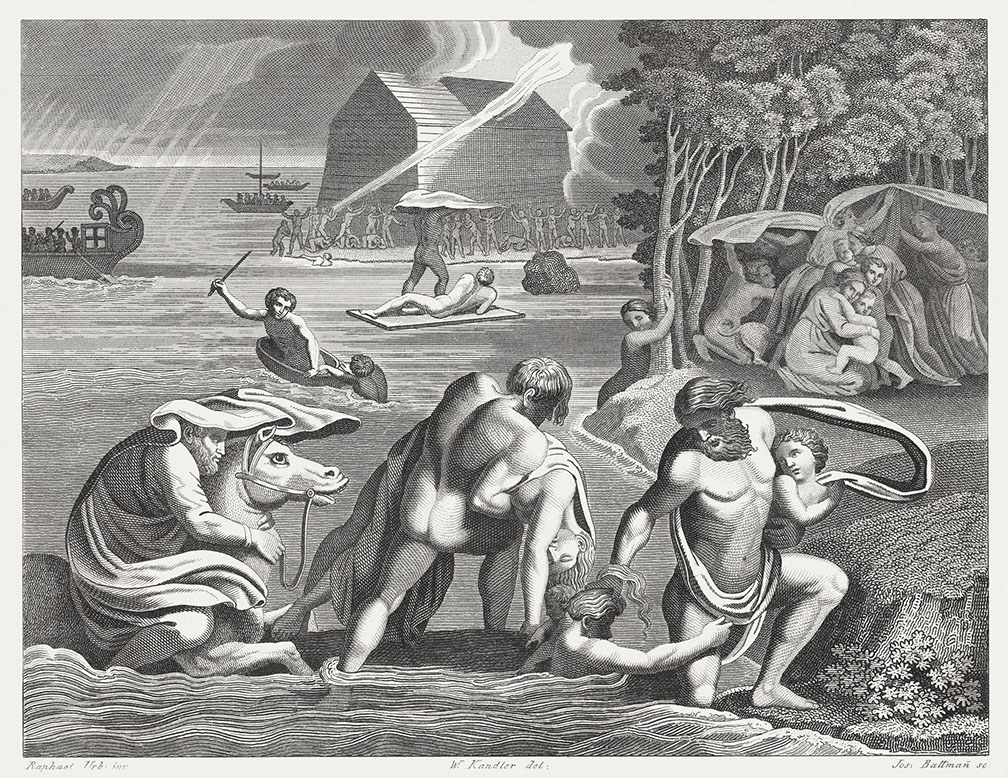
Wikipedia editors have decided to impose a near total ban on the use of the “Hamas-run” qualifier in articles citing the Gaza Health Ministry’s numbers.
A formal discussion known as a Request for Comment (RfC) was launched in July; in RfCs, editors put in their “!votes” supporting their stated position on a contested issue and a closer (an uninvolved Wikipedian in good standing) renders a verdict based on the numbers and strength of the arguments in regards to site policy. Because Wikipedia articles are supposed to reflect what reliable sources say, editors sparred over whether or not sources use such a qualifier when citing the ministry’s numbers and if sources view the ministry’s numbers as reliable.
Editors also argued over if it would be a violation of Wikipedia’s neutral point of view (NPOV) policy to include the qualifier, with those against the use of the qualifier contending that doing so would violate NPOV because it would suggest that Hamas directly influences the numbers and casts doubt over the numbers when the ministry is widely viewed as reliable. Editors in favor of the qualifier contended that it would be more neutral to include the qualifier on first mention because Hamas is a belligerent to the conflict and has been designated as a terror organization by several Western countries. There was also a question of redundancy, as editors against the qualifier opined that it’s implied that Hamas runs Gaza and noted that Wikipedia doesn’t refer to the Israel Defense Force (IDF) as the “Israel-run” or “Netanyahu-run” IDF or the State Department as the “Democrat-run State Department.” Those in favor of the qualifier contended that Wikipedians should not assume that the readers knows that Hamas, a terror organization, runs Gaza.
The bulk of the RfC occurred during a short timeframe in July; a closer did not render a verdict on the discussion until Sept. 24.
“This discussion resulted in a consensus that the name of the Gaza Health Ministry should not be qualified with ‘Hamas-run’ or similar, unless the connection is otherwise discussed and relevant,” the closer ruled. “The numbers are pretty clear on this (about 3:1). Evaluating the arguments provided, there is no policy basis to assess the consensus differently; those in favor of using the qualifier mainly rely on a numerical argument about sources, but this has been criticized on several points and is far from overriding enough to carry the RFC, considering the numerous well-reasoned [opposition].”
One editor told me that they believe that “the Hamas-run qualifier” should be used “anytime the Gaza Health Ministry numbers were used and I’m not even sure the Gaza Health Ministry numbers should ever really be considered reliable at all given the concerns that some third parties have had about their accuracy, and the multiple revisions they’ve gone through, and the way that combatants vs non-combatants are counted.” However, the editor acknowledged that given how lopsided the numbers were against the use of the qualifier, such a close is “hard to overturn.” The editor added that they believe sources “generally do refer to it as the Hamas-run Gaza Health Ministry” and that “the qualifier should be used for NPOV. A terrorist group shouldn’t be treated as equal to a real country.”
“I’m not even sure the Gaza Health Ministry numbers should ever really be considered reliable at all given the concerns that some third parties have had about their accuracy.” – Wikipedia editor
An editor who grew disillusioned with Wikipedia after making thousands of edits told me that it is “simply false” for editors to argue that sources don’t use the qualifier. “I see sources using it all the time,” the editor said. “The BBC, just to give one example, uses it every single day.”
So do the majority of sources actually use the qualifier? “It depends on what you’re looking in,” Middle East historian Asaf Romirowsky, who heads Scholars for Peace in the Middle East and the Association for the Study of the Middle East and Africa, told me. “The New York Times, even the [Biden] administration has adopted some of the ‘Hamas-ministry of health’ stuff at the beginning of the war and then they stepped it back, so there’s been a lot of back-and-forth … it all fits into the Hamas propaganda narrative by aggrandizing casualties … this is all part of the playbook.”
During the RfC, an editor pointed to several German-language sources that use the qualifier, but was dismissed because editors opposed to the qualifier said that because they’re on the English Wikipedia (In addition to English, Wikipedia is available in over 100 different languages), English sources are preferred and that German press is very one-sided in favor of Israel. One editor told me that under Wikipedia policy, such non-English sources “are reliable but might be swapped out for English language if those exist. I doubt that German sources are more Israeli-biased. That seems silly and wrong.” Another editor said that “English sources are preferred but others can be used. Saying they’re ‘too pro-Israel’ is not a policy-based argument. Biased sources are used all the time.”
Romirowsky said that German sources’ editorial stances on Israel “varies from outlet to outlet” depending on if the outlet is on the left or right. He added that “the Germans are very cognizant and very sensitive to what goes on when it comes to Israel as a result of the fact that there’s been a growing Muslim population inside of Germany and there are many Hezbollah neighborhoods inside of Germany that caused Germany to crack down on some of these issues … I think Germans do understand the military added value of what Israel is doing and they’re obviously very sensitive in general when it comes to issues regarding [the] Holocaust … [denying the Holocaust, antisemitic language] …those things you will get arrested for in Germany … so you’ve got to contextualize that.” Romirowsky added that Germany has banned protests with Hamas and Hezbollah flags, but protests regarding Palestine Liberation Organization (PLO) flags, “it depends.”
Additionally, while the part of the close that states “unless the connection is otherwise discussed and relevant” could provide “some wiggle room … I expect the pro-Hamas editors to simply ignore that,” an editor said. Another editor agreed that the anti-Israel editors would ignore that part of the close because it’s “window dressing” and “vague.”
The longtime editor who runs “The Wikipedia Flood” blog told me that the RfC is reflective of how Wikipedia is “a numbers game … The numbers are against Israel in any given situation. I doubt that most so-called ‘!voters’ read the discussion. They come in with their minds made up.”
“I’m just disgusted,” an editor told me. “What’s the point of participating when you’re always outnumbered and will always be crushed by the pro-Hamas juggernaut? Only anti-Israel editors derive any satisfaction from editing articles on the conflict. For everyone else it’s a frustrating exercise in futility, trying to find ‘consensus’ with people who would celebrate your violent death.”


































